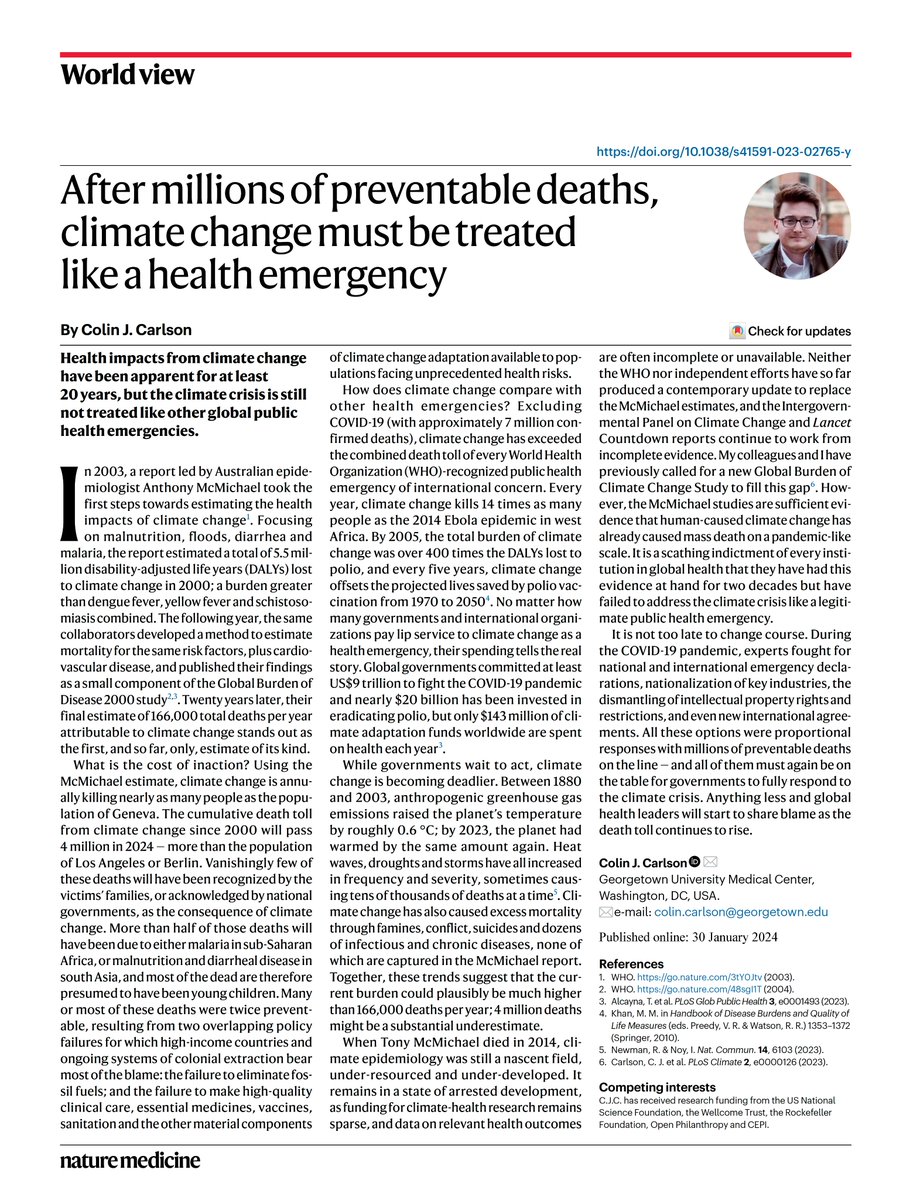As a companion to our new paper in @NatureMicrobiol we've opened up the Host-Virus Model Database, the @viralemergence team library of studies that try to predict the host-virus network. How does it work? 🧵 



In our new paper, we define a taxonomy of six types of models that try to predict the host-virus network; in practice, they don't always look and feel like network questions (e.g., do some mammals have a higher richness of zoonotic viruses?)
nature.com/articles/s4156…
nature.com/articles/s4156…
We outline six big model "shapes": predicting host-virus associations; host / reservoir / vector identification; predicting zoonotic potential; predicting viral sharing; analyzing viral host range and host viral richness. Plus, some odd ones out (e.g., viral transmissibility) 

You can think of HVMD as an annotated library of studies that apply statistics or machine learning to each of these different problems, including some information on the modelling - what data did they use? Which methods? What predictors did they try? 

Let's see it in practice. Take this question from @b_longdon: what predicts (1) viral zoonotic potential and (2) viral host range? Both of those are network questions, and both have a pretty extensive evidence base in HVMD.
https://twitter.com/b_longdon/status/1462791842118963200
So drop into the AirTable, select "Host range" and "Zoonotic risk" studies, select studies that include viruses, and... 



....there's 23 studies that use everything from logistic regression to reverse complement neural networks! An easy starting place when you're kicking off a study and looking for ideas, avoiding pseudoreplication, or just learning about how viruses work. 

Since we started writing our study, this field has exploded. We're entering new studies all the time (and you'll see there's a bit of a backlog too) so keep checking back in, and let us know if you want to help / your paper should be in here!
• • •
Missing some Tweet in this thread? You can try to
force a refresh






